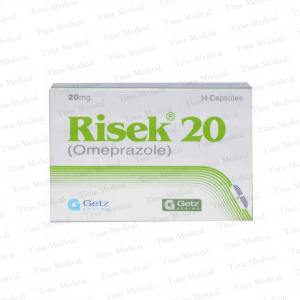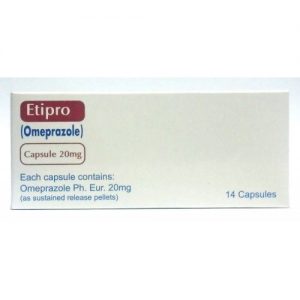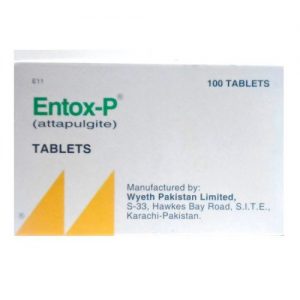Description
Xika Rapid Tablets Indications
Xika Rapid Tablets 8mg is primarily indicated in conditions like Ankylosing spondylitis, Osteoarthritis, Pain, Rheumatic arthritis.
Side Effects
The severe or irreversible adverse effects of Xika Rapid Tablets 8mg, which give rise to further complications include Anemia, Anemia, Thrombocytopenia, Skin reactions, Leucopenia, Hypertension, Palpitation, Anemia, Hypersensitivity.Xika Rapid Tablets 8mg produces potentially life-threatening effects which include Hypersensitivity, Gastrointestinal hemorrhage. which are responsible for the discontinuation of Xika Rapid Tablets 8mg therapy.The signs and symptoms that are produced after the acute overdosage of Xika Rapid Tablets 8mg include Nausea, Vomiting, Coma, Ataxia, Dizziness, Coagulopathy, Renal damage.The symptomatic adverse reactions produced by Xika Rapid Tablets 8mg are more or less tolerable and if they become severe, they can be treated symptomatically, these include Flatulence, Dizziness, Vertigo, Headache, Drowsiness, Diarrhea, Myalgia, Tachycardia, Constipation, Insomnia, Nervousness, Tinnitus, Abdominal pain, Dry mouth, Urticaria, Dyspepsia, Hypotension, Depression, Somnolence, Cough, Nausea and vomiting, Rhinitis, Agitation, Leg cramps, Hypertension, nervousness.
Warnings
Gastrointestinal ulceration and bleeding in medical history: Clinical monitoring at regular intervals is recommended in patients developing peptic ulceration and/or gastrointestinal bleeding while taking Xika Rapid Tablets 8mg should discontinue drug administration and with appropriate therapeutic actions being taken. Mild renal impairment (Serum creatinine 150 – 300 micro mol/L) should be monitored quarterly, patients with moderate renal impairment (Serum creatinine 300 – 700 micro mol/L) should be monitored in 1 to 2 months intervals. Careful clinical monitoring and laboratory assessment is recommended in liver diseases, blood coagulation disorders, cardiac failure. In case of long term treatment, longer than three months and in elderly patients with age greater than 65 years regular lab assessments of renal function and liver enzymes is recommended. monitor renal function in patients who are to undergo major surgery, with stressed renal function and cardiac failure and receiving concomitant diuretics treatment.






Reviews
There are no reviews yet.